Partnership with families in Early Childhood Education
When educators from around the world come to Finland, get introduced to the Early Childhood Education and Care (ECEC) system, experience and observe real situations and interaction among children and adults, they get very excited and overwhelmed with many thoughts and ideas they would like to have as a takeaway back home.
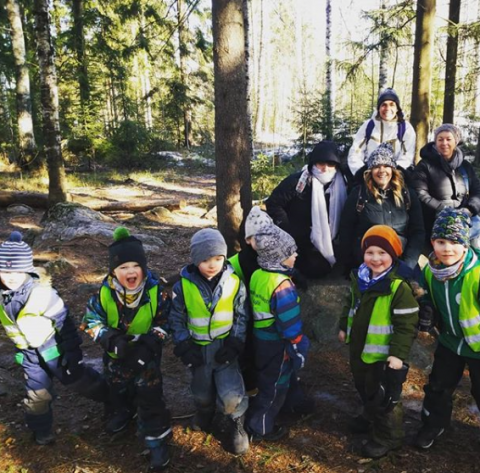 During the previous Early Childhood Education and Care Study Tour as well as the most recent one just last week, I have heard again that one takeaway is surely about the way we work with families of children of early ages. Indeed, partnership with families is considered to be a priority when raising a child in Finland.
During the previous Early Childhood Education and Care Study Tour as well as the most recent one just last week, I have heard again that one takeaway is surely about the way we work with families of children of early ages. Indeed, partnership with families is considered to be a priority when raising a child in Finland.
Of course, family is always a place where parents model behaviour, habits, routines, attitudes, and skills to their child, and therefore is the place to learn. Family is also a “safe harbour” where the child is unconditionally loved, gets most of attention, whose happiness and joy are shared, and who is helped and supported through difficult moments. According to the Finnish legislation, family carries the primary responsibility for raising the child. On the other hand, the child spends a lot of time in early childhood education settings. In fact, in Finland children spend around 8 hours a day, five days a week on average in kindergartens while parents are at work. The child’s understanding of the world around and their place in it as well as role models from home are reinforced through social interaction in a group with other children and adults. The child learns what they live every moment in both environments, home and kindergarten. If the child experiences inconsistency in parental and kindergarten approaches, the lesson they learn is confusion. The child is then also likely to lack sense of security in attachment relationship, which has a long-term impact on the child’s overall well-being and learning.
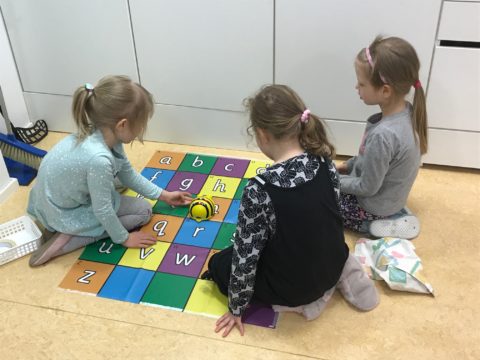 Curiously enough, for what is called in different national contexts as nursery, day care, kindergarten, pre-school, and others, there is one word in the Finnish language – “päiväkoti”, which literally means “day home”. Isn’t it fascinating to think that early childhood education and care setting can be an extension of the child’s home in its best!
Curiously enough, for what is called in different national contexts as nursery, day care, kindergarten, pre-school, and others, there is one word in the Finnish language – “päiväkoti”, which literally means “day home”. Isn’t it fascinating to think that early childhood education and care setting can be an extension of the child’s home in its best!
So, how do we build partnership with families, promote their participation in early childhood education and care of their child and advance a healthy functional relationship? Let me answer without reference to educational philosophy, psychology, sociology or ethics at this point. The process of collaboration requires many things, but most of all it demands of ECEC personnel and families a multitude of adjustments towards the key aim: the child’s balanced growth and development, holistic learning, and well-being.
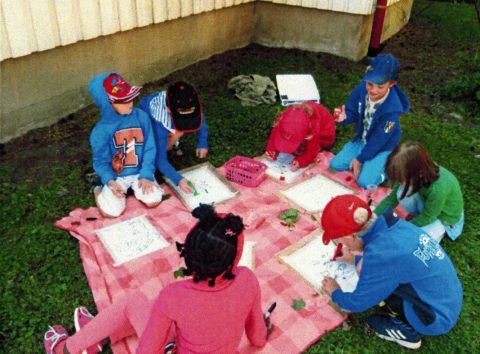 The starting point for collaboration with families is our common understanding that The Child is what we share! Together we shall be working for the best of the child. We do not need to oppose ‘us’ to ‘them’, compete about who is more important or knowledgeable. Neither we tell each other what to do or blame each other for things failed to be achieved. Isolated and non-convergent mode of work leaves no fruitful traces behind; it hardly helps us maximize the child’s individual potential.
The starting point for collaboration with families is our common understanding that The Child is what we share! Together we shall be working for the best of the child. We do not need to oppose ‘us’ to ‘them’, compete about who is more important or knowledgeable. Neither we tell each other what to do or blame each other for things failed to be achieved. Isolated and non-convergent mode of work leaves no fruitful traces behind; it hardly helps us maximize the child’s individual potential.
The power relations in early childhood education between families and ECEC settings in Finland are rather in a horizontal, distributed, networking dimension, where we complement and empower each other. This is enacted through open communication, steady flow of information exchange, respecting each other, listening and hearing each other, working towards shared meanings and understandings, designing effective practices in working with the child together, learning from each other.
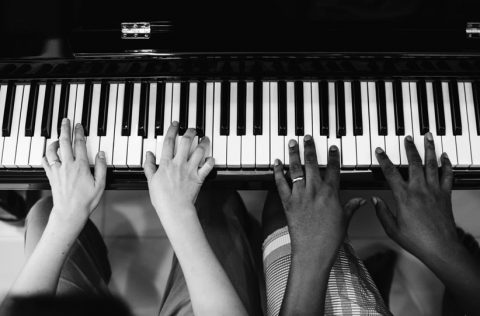 In addition, The Finnish Core Curriculum for ECEC sets the framework for the process of collaboration between families and ECEC settings. There are numerous opportunities for families to participate in formulating the child’s learning objectives and adults’ working methods, discussing the progress of their child, contributing to the life of the kindergarten, educating themselves, and experiencing that their opinions and ideas have an effect.
In addition, The Finnish Core Curriculum for ECEC sets the framework for the process of collaboration between families and ECEC settings. There are numerous opportunities for families to participate in formulating the child’s learning objectives and adults’ working methods, discussing the progress of their child, contributing to the life of the kindergarten, educating themselves, and experiencing that their opinions and ideas have an effect.
Building and constantly fine-tuning healthy relationship with families may not necessarily be a fast and easy process. It requires time, patience and commitment. However, whatever challenge or difficulty we may face, we can always choose to look at it as a new opportunity rather than an obstacle. There is little to no sense in stopping by the wall. There is a great deal of sense in making effort and building bridges over the wall!
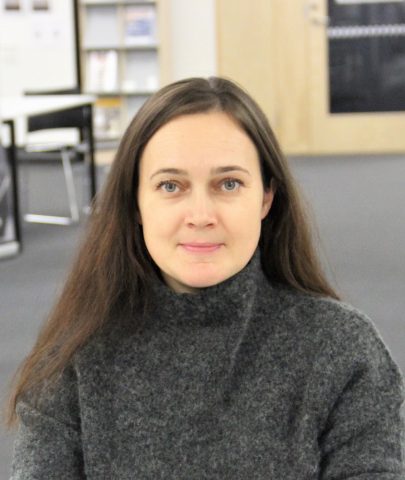
Elena Chukhlantseva
ECEC Specialist
